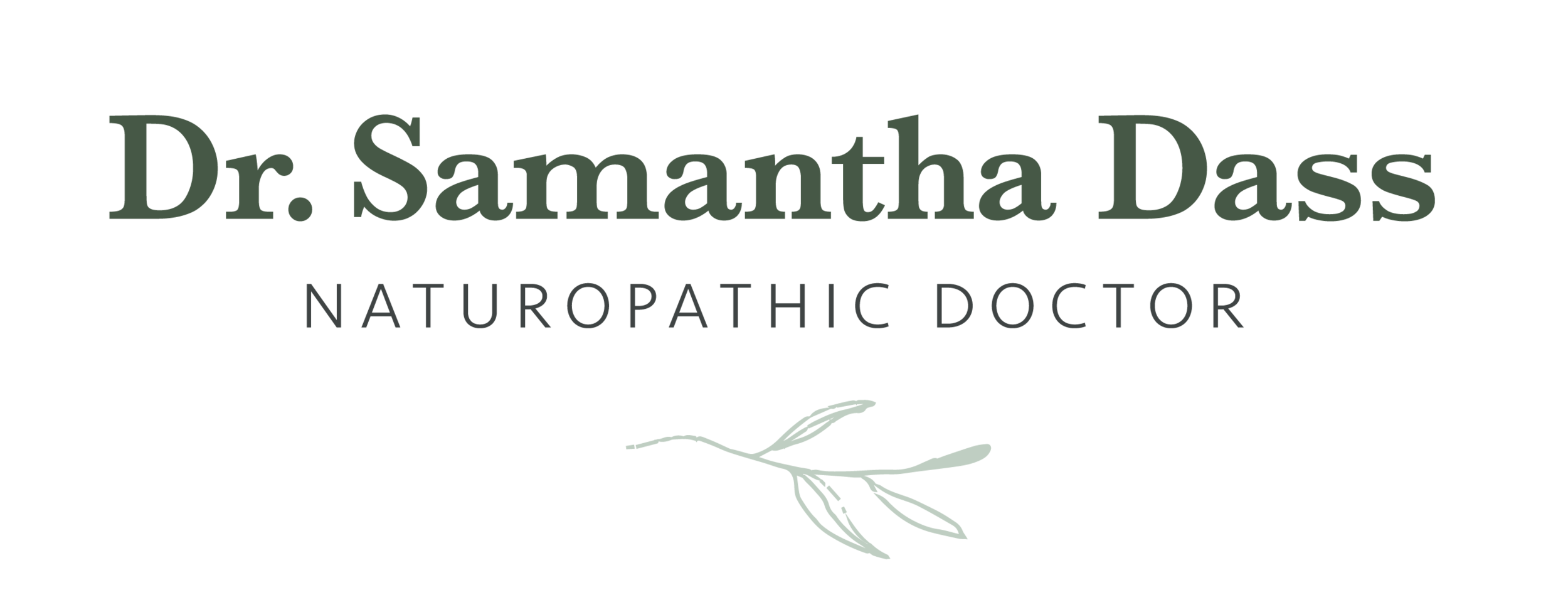Postpartum Rage
Motherhood is supposed to be a time of pure joy right? Sure we’re tired after having a baby but our hearts are full and we’re blissful all the time…right? Thankfully, with the help of social media, this unrealistic image of postpartum life is being shed as mothers share their honest experiences about life after having a baby - experiences like sadness, anxiety, loneliness and fear.
However, one topic I still don’t see discussed that often is postpartum rage. It’s not often discussed online and there isn’t enough research on it as there should be. Postpartum rage or postpartum anger happens to many people after giving birth. Moms who experience this notice a dramatic increase in their anger after having a baby. It can go hand in hand with postpartum anxiety and postpartum depression or it can occur on its own.
In one Canadian study of about 270 mothers, 31% experienced “intense anger” in the first year postpartum. So you are not alone if this is your experience.
What Causes Postpartum Rage
Similar to postpartum depression and anxiety, postpartum rage may be caused by hormonal changes and the many disruptions in routine that happen after having a baby such as less free time and less sleep.
Postpartum Rage Symptoms
Many with postpartum rage feel like their symptoms are out of character for them or more intense than they are used to.
Symptoms include:
Losing your temper more frequently
Swearing more
Yelling more
Punching things like the floor or a pillow
Irritability
Treatment
It’s important to discuss these symptoms with your healthcare providers (including your naturopathic doctor) to get advice on how to cope. It’s also important to seek out immediate medical attention if you are at risk of harming yourself or others.
Many of the treatments for postpartum anxiety and depression are used for postpartum rage. As a naturopathic doctor I use diet, lifestyle recommendations, herbal medicine and nutritional supplements to help with postpartum mood issues. Medications and therapy can also be relevant in some of these cases.
Generally, improving self care and getting as much support as possible helps to improve postpartum mood issues including anger but any mother can tell you that this is easier said than done. If you would like to learn more about how a naturopathic doctor can help support you during the postpartum stage, book a free 15 minute meet and greet with me over the phone.

